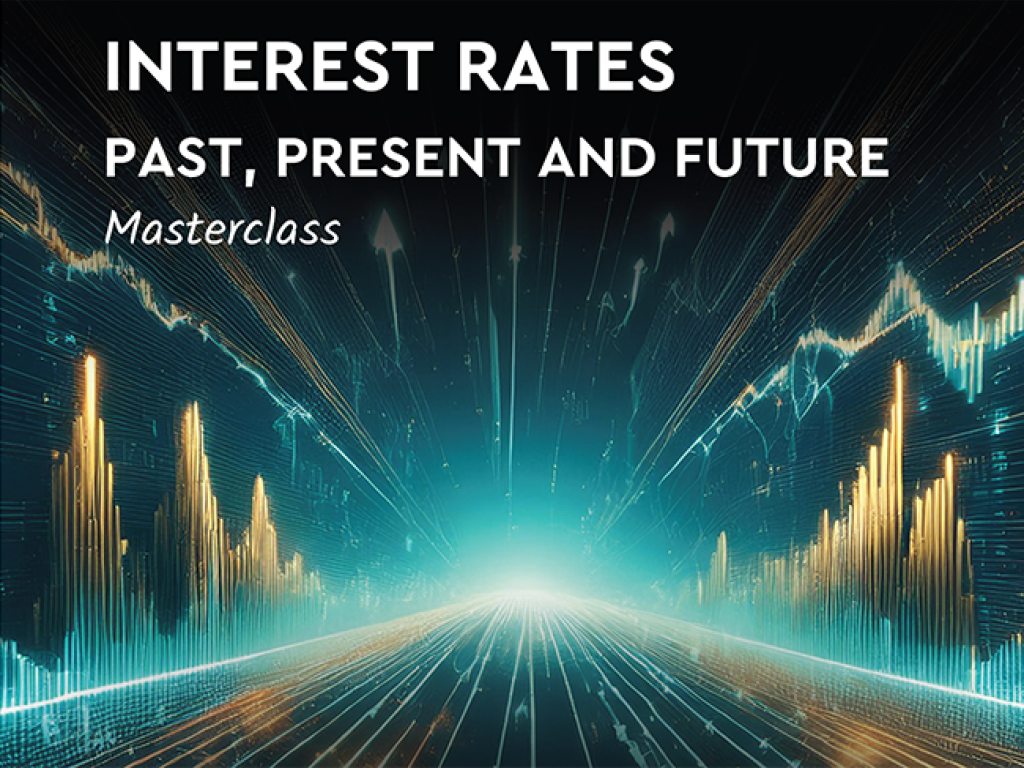A Q&A with financial modelling expert Associate Professor Jörg Kienitz

Associate Professor Jörg Kienitz travels to South Africa every year to present masterclasses, advise PhD students and speak at conferences. We caught up with him ahead of his next masterclass in April 2025.
- We love having you here in South Africa. But where are you from originally?
I grew up in a very small town called Werther in Germany. Maybe you know the sweets - Werther's Originals? If you don't, go to the closest supermarket and have a look because they are everywhere - New Zealand, Canada and here in South Africa too. When people ask me where I grew up, I usually show them these sweets and say: here. It is a small town; when I was young, only 6 000 people lived here.
- When did your interest in mathematics start?
It was in high school. I attended a gymnasium in Germany, where you take specialised subjects. I started with geography and chemistry, but I switched to mathematics and then became more interested in it academically. I started to think about it more deeply after reading a book by renowned mathematician Benoit Mandelbrot. His thoughts on patterns and fractals inspired me to want to pursue mathematics professionally.
- Where did you begin your studies?
I first got my diploma in mathematics. I then studied at the University of Bielefeld in Germany and then at the University of Bristol in the UK, where I did part of my PhD research. After my PhD I did another qualification at the University of Wuppertal, to qualify for teaching and independent research (habilitation). I was later appointed Assistant Professor at the Bergische Universität Wuppertal while also working as a consultant. I enjoy lecturing a lot; it is almost like a hobby to me.
- It's quite a hobby! What was the subject of your PhD?
It was on certain inequalities for measuring how fast a stochastic process can go to its equilibrium. For example, if you have a frog on a lily in a pond and you know the lily he is on now, how long do you have to wait until you cannot really say, with a high probability, on which lily the frog started? Another related question is how long you must shuffle a deck of cards until it is perfectly shuffled. This can be studied mathematically, and my PhD research was on methods for determining this type of time.
- What happened next?
I started consulting with Reuters in 2000, looking at setting up their software. After that, I went to Deutsche Postbank, where I was Head of Quantitative Analysis. After merging with Deutsche Bank, I held this position for a couple of years, then I moved on to Deloitte Deutschland, where I was the Co-Head of Quants, and after two years, I went to a very small company, Quaternion, to consult. After being employed by the London Stock Exchange, where I ended up after several mergers, I am currently in the process of setting up a new unit at a very, very small consulting company in Frankfurt called MRIG.
- How did you first come to South Africa?
In 2009, I was contacted to give a talk at a conference, and I ended up returning yearly to that same conference. I became very close to Professor Tom McWalter. I also talked to AIFMRM Director David Taylor, which led to collaborative research work with Tom. The idea came up to be appointed as an Adjunct Associate Professor AIFMRM at the University of Cape Town. So, that is how it came to be - and now I give masterclasses, supervise PhD students, and perform corrections of students' theses. The colleagues at AIFMRM are very nice, and we are a close group.
- Tell me about the masterclasses...
I've given a few, with my most recent two being on machine learning. The one coming up in Johannesburg is on the changes in interest rates and fixed income modelling. The new rate is called ZARONIA, or the South African Rand Overnight Index Average. It's important to understand because currently, the market is transitioning, and at a certain point, the status quo will have changed. Markets are now so global and interactive that once all participants use a risk-free rates framework, you also need to go this way.
- But mathematics is not your only passion, correct?
That's true. I enjoy photography and studying the natural world through a lens. I like hiking to scenic locations and capturing the scenery. I must confess, though, that I see patterns everywhere, in the lakes and in the reflections on the water. It seems once a mathematician-always a mathematician!
